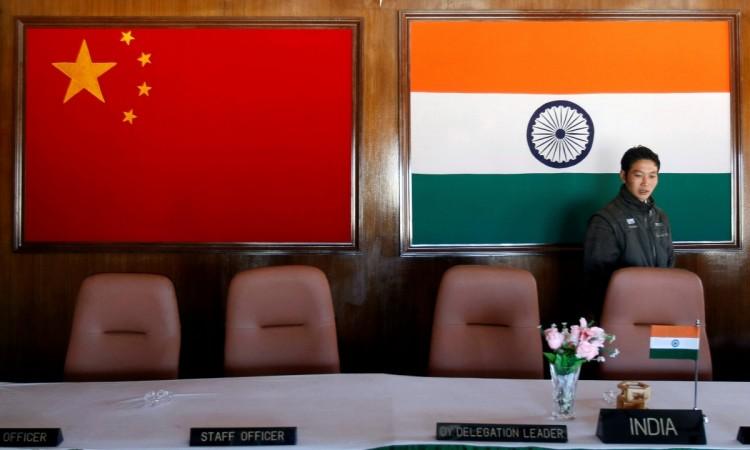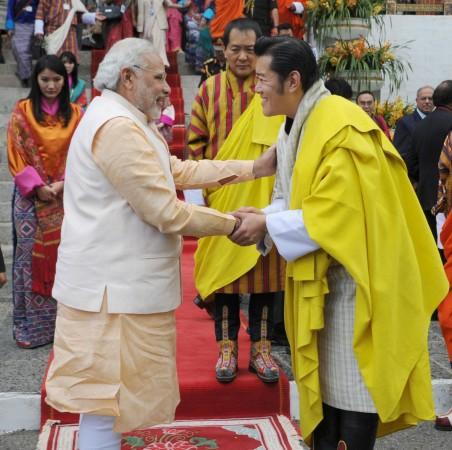
India's tit-for-tat stand against China on the Doklam issue has earned the Indian government accolades within the country. "It is time to teach the Chinese a lesson" is the prevailing sentiment. But amid the row, one also needs to spare a thought for India's relation with Bhutan, the closest friend New Delhi has in an otherwise inhospitable South Asia.
And the Chinese are taking full advantage of this.
Did China make a calculated move by deciding to make a road in a disputed territory with Bhutan knowing very well that the hyper-nationalist Indian leadership will rush to its friend's defence and fall into the diplomatic trap laid down perfectly by Beijing? Well, the way a section of India's over-enthusiastic yet ignorant media is playing to the tune of jingoism and contributing to the accompanying damage it is causing, this suspicion is not entirely baseless.
According to some, by rushing to Bhutan's aid, India has placed its troops outside its territory and that can be seen as a violation of international law and a diplomatic embarrassment for India's.
Reports emanating from within Bhutan have also expressed a sense of disappointment with India and that Thimpu is more concerned with the future of its economy rather than the macho nationalism of two of its giant neighbours clashing on its borders. A section of the Indian media has also gone to the extent of saying that Bhutan has tilted towards China, enraging several quarters in the tiny Himalayan nation for they believe such conclusions hurt its national pride.

India would have done it better had it, instead of jumping to Bhutan's defence, allowed it to fight its own battle with the Chinese. Bhutan today is not just a small country which India can hope to influence as and when it wishes.
Bhutan is a democracy now and elections will be held there next year and there is every possibility of foreign policy turning out into a key electoral issue. In case the Doklam crisis snowballs as an electoral issue, there is a big chance that political forces in Bhutan will be polarised on lines of 'pro' and 'anti' India slogans.
Beijing is making serious inroads in India's other neighbours like Bangladesh, Sri Lanka, Nepal, Pakistan and the Maldives and if it manages to drive a wedge between New Delhi and Thimpu as well, PM Modi's foreign policy initiatives will witness a serious debacle. In 1962, Indians tasted a military defeat against China. Over half a century later, a similar outcome could be seen – not militarily but diplomatically.
















